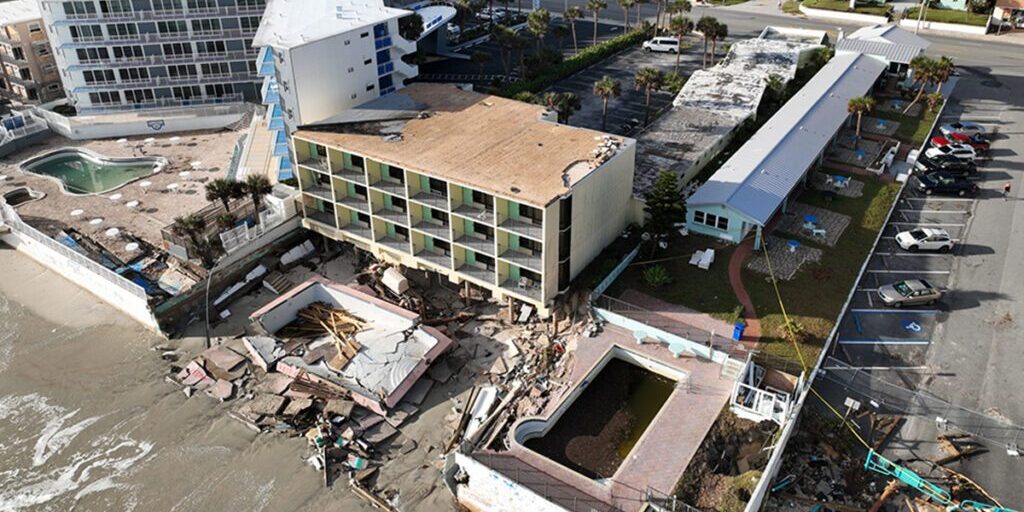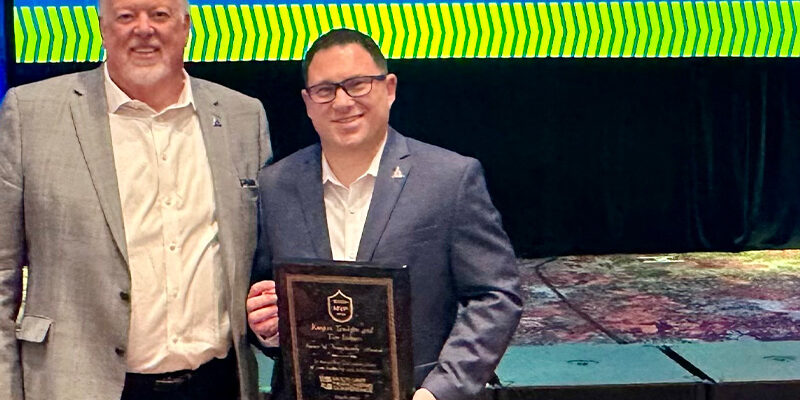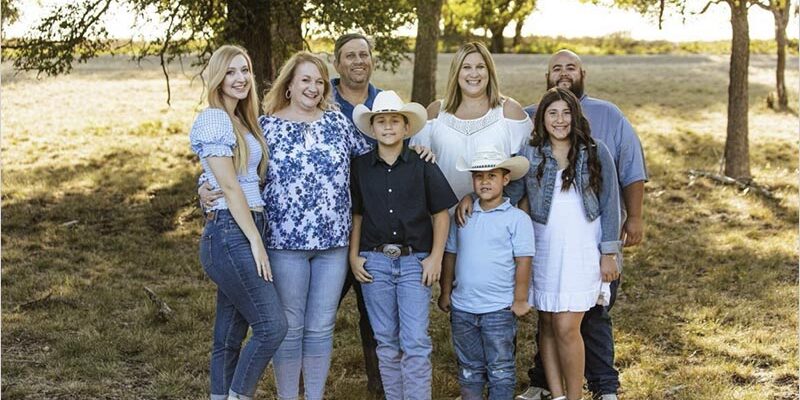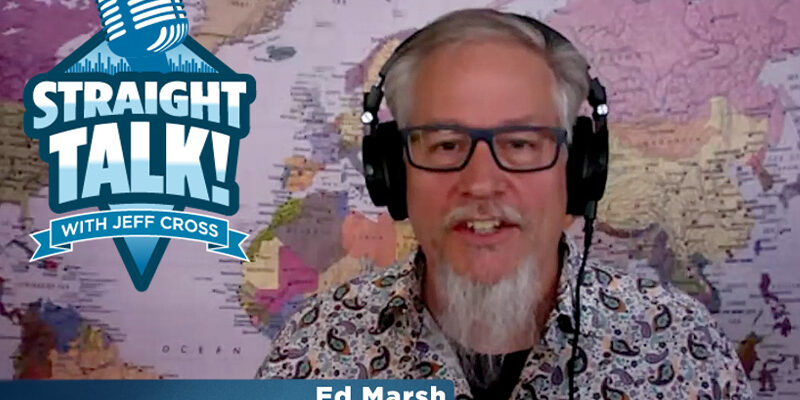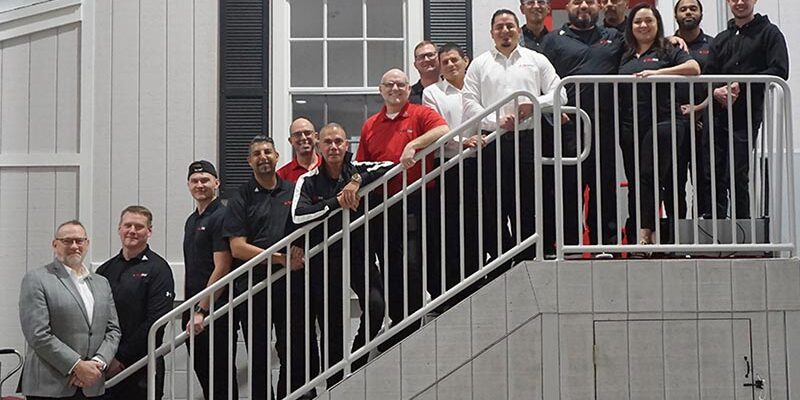Creating a Win-Win With Agents and Adjusters

By Cliff Cole and Ken Kahtava
As contractors, we go out to do the work, and much like the U.S. Postal Service motto goes, “Neither snow nor rain nor gloom of night… stays us from our appointed rounds.” We are committed to taking care of our customer, the loss victim.
We are also committed to providing a high level of service to the other customer who is often part of the process: The representatives of the insurance carrier. We demonstrate this commitment by creating a quality estimate and submitting that estimate in a timely fashion. We do all of this while trying to take into account the many rules and stipulations that often vary from carrier to carrier, and even representative to representative. Once submitted, the adjusters representing those carriers often voice objections — some substantial, some minor.
No doubt, the demands of the job — serving multiple clients whose interests may not always align, navigating a wide array of estimating issues, and trying to get paid on a timely basis — can make you long for a different career path at times!
The reality is, there are always two sides to every complicated relationship, and the adjuster-contractor relationship is no exception. The adjusters involved in processing water damage claims are just like you: They have a job to do. And the insurance representatives you interact with actually share some common goals. When you can align, or dare we say compromise, with insurance adjusters in these common goals, you can cultivate win-win partnerships — and keep your profitability and sanity intact.
How to benefit from the adjuster-contractor relationship
Before you begin to build win-win partnerships with the insurance adjusters you work with, you need to understand how these relationships benefit you and your bottom line. A strong relationship helps you get paid faster, and you are more likely to have your name on the insurance check, speeding up the payment process.
Maintaining an acceptable job average is another benefit of a strong adjuster-contractor relationship. When you’ve worked hard to avoid conflict and satisfactorily resolve differences of opinion, most adjusters will be more inclined to work with you on the next job, and some will even voice their support of you with the agents. Cultivating this relationship will help future jobs go much smoother. This doesn’t mean you give in to every objection, but rather negotiate toward the middle ground that works for both sides.
Negotiating the claim
Although it would be easier if claim payment policies were uniform across the board, we all know it’s simply not how the real world works. Which line items get paid and which don’t vary from carrier to carrier and sometimes from adjuster to adjuster within the same company. This is just one more complication in the adjuster-contractor relationship.
Anticipating potential issues prior to submitting an estimate can be a huge step in making things work a little smoother. The first step in achieving this is paying attention to carrier differences when making an estimate. In fact, we recommend you capture these differences and take note of them. We keep a running list and update it frequently. It becomes a part of the DNA of our estimating process.
Next, you need to justify your claim. By adding notes and pictures to line items that may be questioned, you often avoid objections. You can also call or email the adjuster before you submit the estimate, opening communication about line items that might create a conflict or seem out of the ordinary. Be proactive. Start with and maintain a friendly attitude. This saying is an oldy but a goody: People do business with people they like.
So, what happens when you’ve done everything you can prior to submitting the estimate, but they still push back with issues? Speed is your friend. Move quickly and communicate with the adjuster as soon as you know there’s a problem. Sometimes the insurance carrier or company policy won’t allow for certain line items or certain quantities. Get clarity from the adjuster about what the issue is exactly, and look for ways to compromise. Perhaps there is another line item or a small adjustment that would help get this claim through and satisfy you both.
When the mortgage company is on the insurance check
When homeowners are still paying on their mortgage and experience a water damage, it is common for the insurance claim check to include their mortgage company’s name. Unfortunately for contractors, this can create additional complications and slow the process.
Ideally, even when the claim check includes the mortgage company, the check will still make it into your possession. Remember, this is one of the benefits we see with a healthy adjuster-contractor relationship — you are more likely to receive the check from the carrier. If this is the case, your first task is getting the check endorsed by the mortgage company.
Begin by finding out if the mortgage company has a local office. Call them, see what they require to get the check endorsed, and then head into the office to talk through the claim and get the check endorsed.
If the mortgage company isn’t local, you will need to work with them over the phone. Remember, they can’t see you on the phone, so be aware of how you sound. Try to make friends with someone within in the company, starting with the first person who answers the phone. Find out exactly what you need to do to get the check endorsed remotely.
Mortgage companies are often unwilling to talk with anyone other than the mortgage holder. You’ll need the customer to give you the legal rights to communicate with their mortgage company. The exact procedure for this varies, so be certain you have a full understanding of your local laws. For some contractors, it might make sense to include a release for communication with mortgage companies in the initial contract. When the flood victim is behind on their mortgage payments, you can expect to experience further resistance. It isn’t uncommon for the lender to use the claim check toward what is owed on the mortgage. In this case, you will have to summon all your personal communications skills to get paid.
Building a win-win relationship with adjusters can be easier than you think. We’ll detail how to do this in part two in the next issue of Cleanfax.
Cliff Cole is the co-founder of More Floods and has been in the cleaning and restoration industry for more than 30 years. Ken Kahtava is the director of marketing for More Floods and provides training and coaching of the More Floods systems to companies across North America. To learn more, visit www.morefloods.com, or call 866-667-3356.


